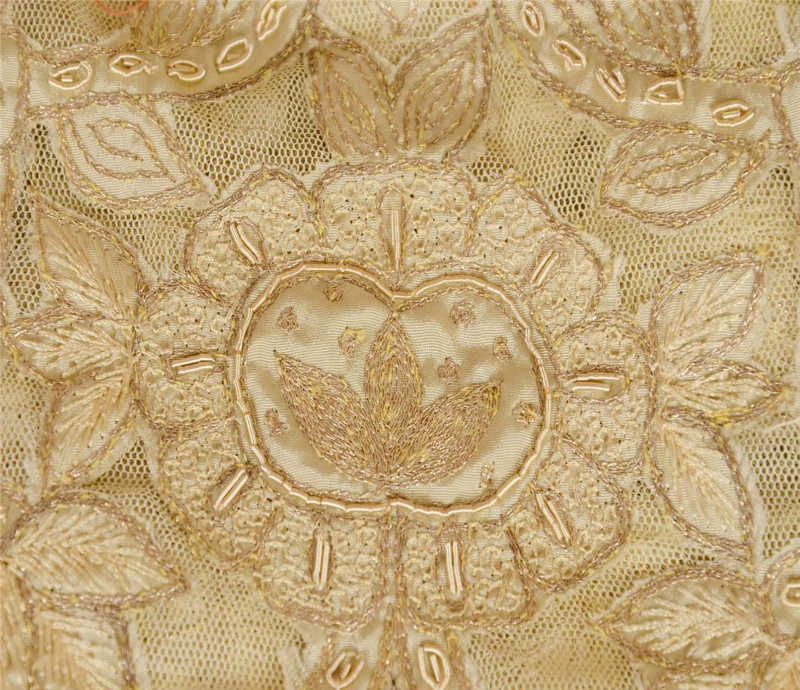===
0956,
4
===

=== |
 |
ḳhāk chhān'nā : ''To sift dust,' to labour or exert oneself to no purpose, to go through laborious and fruitless toil or search; to beat the air'. (Platts p.485)
FWP:
SETS == A,B; IDIOMS; KYA
MOTIFS
NAMES
TERMSSometimes my little practical devices really come into their own, and this verse gives two of them a fine workout. It is an 'A,B' verse, so that the relationship between the two lines is left entirely for us to decide. SRF has elucidated some of the possibilities, but the subtle pairing of the two lines (one entirely factual, the other entirely contrafactual) refuses to be limited by anything other than our own empathic experience of frustration and failure. Does the fact explain the thought, or does the thought explain the fact, or do the two lines have some other relationship entirely?
Because of its extreme simplicity, the first line can take full and brilliant advantage of the 'kya effect'. 'If you had come into my hands...'
=then what [a magnificent thing] would have happened/been! (an wistfully affirmative exclamation).
=then what would have happened/been-- nothing! (a scornful dismissal of the value of the experience).
=then what would have happened/been? (a question, asked from uncertainty)
=then what would you have been? (with a colloquially omitted subject)
There's also the enjoyable deployment of the idiom 'to sift dust' (see the definition above), an activity of the hands that might result in something 'coming to hand' in the literal sense of 'coming into the hands'. As usual, Mir invokes both the literal and the colloquial senses of such idiomatic expressions.
Ghalib has a ghazal with a kyā hotā refrain, of which one famous verse is comparable to the present verse in its open-endedly cosmic speculation:
G{32,3}.